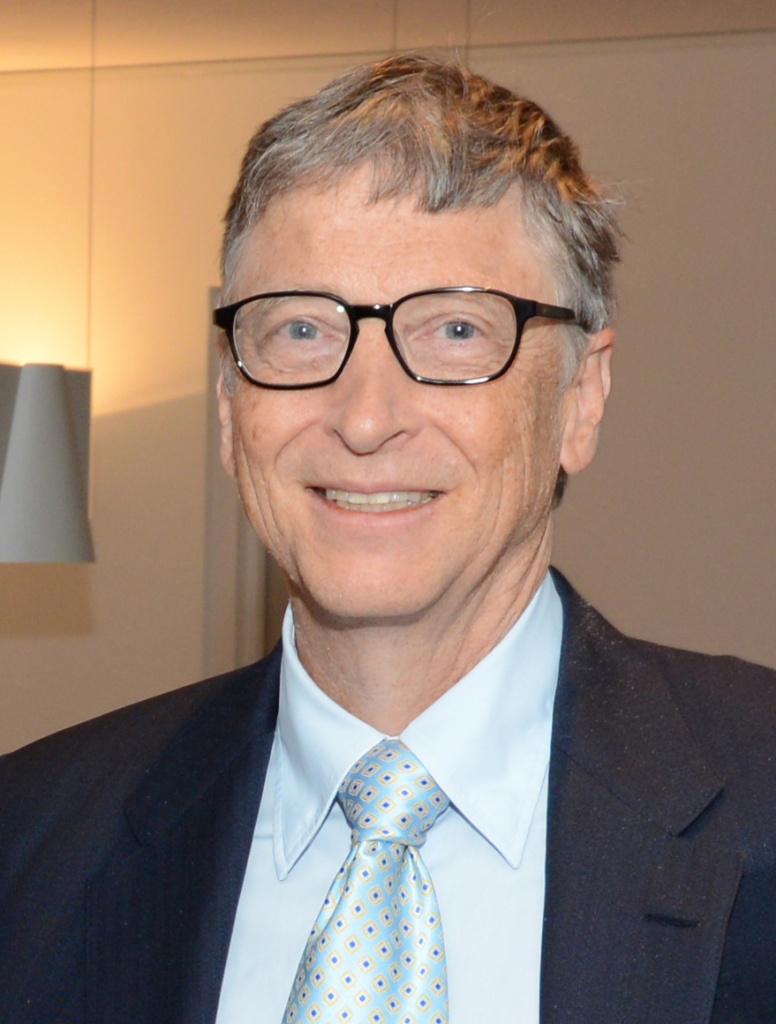
By Olakunle Agboola – Since the COVID-19 pandemic began in Wuhan, China in December 2019, the virus has spread to over 160 countries. Several countries have experienced large outbreaks, including China, South Korea, Italy, Iran, Spain and France, with the US and UK seeing rapidly increasing numbers. But most countries in the world have reported very few to no cases of COVID-19 most especially in Africa.
There are several possible reasons for the low number of cases in many African countries as said by some health experts, who feels the continent’s hot and humid weather may protect it from the corona-virus more than its governments ever could. Also, The World Health Organization has warned of the risk that COVID-19 could overwhelm strained public health systems in sub-Saharan Africa due to poor health facilities and managements.
In a presentation at the American Association for the Advancement of Science (AAAS) in Seattle, Bill Gates reportedly warned that the corona-virus could overwhelm health systems on the African continent. According to him, “This disease, if it’s in Africa … it’s more dramatic than if it’s in China, even though I’m not trying to minimize what’s going on in China in any way. The potential impact in sub-Saharan Africa could be “very, very dramatic.”
Nevertheless, a lot of African countries are not at rest making possible effort to curtail corona-virus, though the West are more concerned of the potential of African countries to curtail the outbreak. South Africa has put an end to entry to foreign travelers coming from or transiting through high-risk countries including Italy, Iran, South Korea, Spain, Germany, France, Switzerland, the United States, the United Kingdom and China, according to an advisory issue by the foreign ministry on Tuesday.
Africa’s most populous nation is from Friday banning entry to arrivals from 13 of the countries worst affected by the corona-virus, including the United States, Britain, Germany and China. Authorities are checking the temperature of anyone who arrives at Nigeria’s airports, ports and land borders. Those coming from high-risk countries such as China, Iran, Italy and Spain are asked to self-isolate for 14 days, said Tarik Mohammed, a technical adviser at the Nigeria Centre for Disease Control.
The East African country is suspending travel from any nation with reported COVID-19 cases. Only Kenyan citizens, foreigners with residence permits and United Nations workers will be allowed to come in, provided they proceed on self-quarantine, the government said this week. Schools and universities are closing, and public minibuses are providing hand sanitizer.
Ethiopian Airlines said on its website that medics stationed at Addis Ababa Bole International Airport, a key regional transit hub, carry out continuous health screenings 24/7. The government in the Horn of Africa country has closed schools nationwide and offered to transport people on government buses to ease congestion on public transport.
Rwanda is flooding its capital, Kigali, with portable sinks for hand washing at bus stops, restaurants, banks and shops. Schools, universities, churches and courts are closed nationwide. Some flights are suspended.
Cameroon, in central Africa, will close land, air and sea borders indefinitely, the government said in statement on Tuesday. International flights will be grounded, with the exception of cargo planes. Schools and restaurants will shut, and gatherings of more than 50 people are banned.
Liberia is applying lessons learned fighting a devastating Ebola outbreak in 2014-15. “We were one of the first countries to start enhanced screening at the airport on Jan. 25,” said Mosoka P. Fallah, acting director general of the National Public Health Institute of Liberia. More than 200 people have been trained as field epidemiologists and are to check for diseases in all 90 districts, said Tolbert Nyenswah, senior research associate at the Johns Hopkins Bloomberg School of Public Health in the United States and former incident manager for Liberia’s Ebola response. Also, there are hand-washing stations at public places including stores, shops, schools, hospitals, restaurant and government offices.
Senegal has been taking all passengers’ temperatures since Jan. 28 and asks for contact details, so officials can reach them if someone else on the plane tests positive, a spokesman for Dakar airport said.
Ghana has implemented some of the most stringent measures in West Africa with a mandatory 14 days of quarantine for all people arriving from abroad. Travelers from countries with over 200 cases of corona-virus are barred from entering the country unless they are Ghanaian citizens or residents.
Mauritania confirmed the first case of Corona-virus on March 13 and since then closed the international airport, suspended teaching in schools and universities, and banned weekly markets.
A major source of revenue for many African countries comes from tourism, which is likely to be hit hard by the flight cancellations and the climate of fear surrounding the outbreak. (In 2014, even countries that were geographically distant from the Ebola outbreak experienced a precipitous decline in tourism).
Economists are already predicting a $62 billion loss in growth to the Chinese economy, which will no doubt have significant implications for the African countries with whom China is a major economic partner. With so much at stake, the hope is that COVID-19 will never spread throughout the continent of Africa. But the necessity for preparedness cannot be overemphasized.
Kindly follow us on twitter:@AfricanVoice2









